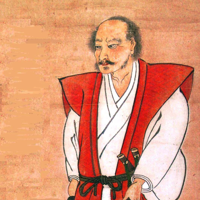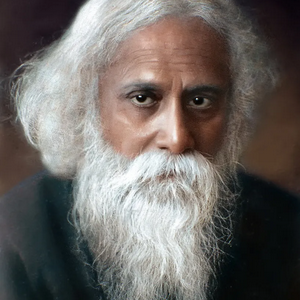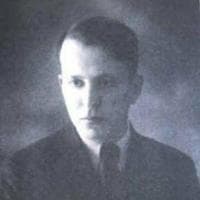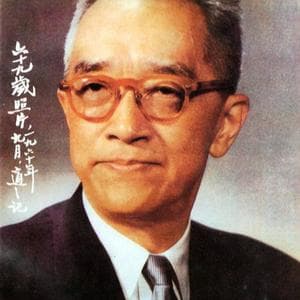Jiddu Krishnamurti MBTI Personality Type
Personality
What personality type is Jiddu Krishnamurti? Jiddu Krishnamurti is an INFJ personality type in MBTI, 1w2 - so/sp - 152 in Enneagram, RCOAI in Big 5, EII in Socionics.
Ni: Krishnamurti emphasized the importance of transcending the limitations of the mind and looking at the world with a new and open perspective. He believed that true transformation could only occur through a fundamental shift in human consciousness. This idea is in line with the Ni function, which is responsible for noticing underlying patterns and meanings, and seeking a deep and comprehensive understanding of the world. Fe: Krishnamurti also advocated the idea that the human mind is not a separate entity from the world, but an integral part of it. He believed that we must relate to others and the world in a more compassionate and loving way, to promote social transformation. This idea is related to the Fe function, which is responsible for empathy, compassion and social harmony. Ti: Krishnamurti emphasized the importance of questioning our own beliefs and assumptions, and of looking at our own thoughts, emotions and behavior in a critical and honest way. He believed that we could only achieve true transformation through self-knowledge and self-transformation. This idea is in line with the Ti function, which is responsible for critical and logical analysis, and for the search for understanding the truth through clear and rational thinking. Your phrases that relate to the functions: (Ni-Fe) "The real revolution is not a violent revolution, but the one that takes place by cultivating the integration and intelligence of human beings, who, through the influence of their lives, will gradually promote radical transformations in society". Together, the Ni-Fe functions form an approach to deeply understanding the complexity of society and the relationship between individuals and the community. This approach can help promote more organic and balanced social change, based on understanding the needs and values of others and the search for a deeper and more harmonious integration between individuals and society. (Ni-Ti) ''I affirm that truth is a pathless land. Man cannot attain it through any organization, through any creed. You have to find it through the mirror of relationship, through understanding the contents of your own mind, through observation''. Together, the Ni-Ti functions form an approach of deep understanding of the complexity of the world and the search for a personal and coherent truth, based on observation and deep reflection. This approach can help promote a greater understanding of reality and the construction of a more consistent and grounded personal thought system. (Ni-Ti) '' Study deeply the hidden laws of nature and when you know them well, mold your life to them, always using reason and common sense ''. The phrase can be associated with the Ni-Ti functions, as both have a strong focus on understanding the underlying laws and patterns of the world around you. The Ni function seeks to find deep meanings and hidden connections in experiences and observations, while the Ti function seeks to analyze and understand the logical systems and structures underlying reality. We can see a connection with the 1w2 enneagram. The desire for a society free of prejudices and limitations may reflect the Type 1's quest for perfection and justice. Additionally, the 1w2 Enneagram tends to be service oriented and may feel driven to help make the world a better place. This trend can be seen in line with Krishnamurti's ideals, who also sought a better and fairer society.
Biography
Jiddu Krishnamurti (12 May 1895 – 17 February 1986) was an Indian philosopher, speaker and writer. In his early life he was groomed to be the new World Teacher but later rejected this mantle and withdrew from the Theosophy organization behind it. His interests included psychological revolution, the nature of mind, meditation, inquiry, human relationships, and bringing about radical change in society. He stressed the need for a revolution in the psyche of every human being and emphasised that such revolution cannot be brought about by any external entity, be it religious, political, or social.
Related Personalities

Musashi Miyamoto

Chuang Tzu (Zhuangzi)

Rabindranath Tagore

Nihal Atsız

Swami Vivekananda

Adi Shankara

U.G. Krishnamurti

Hu Shih







